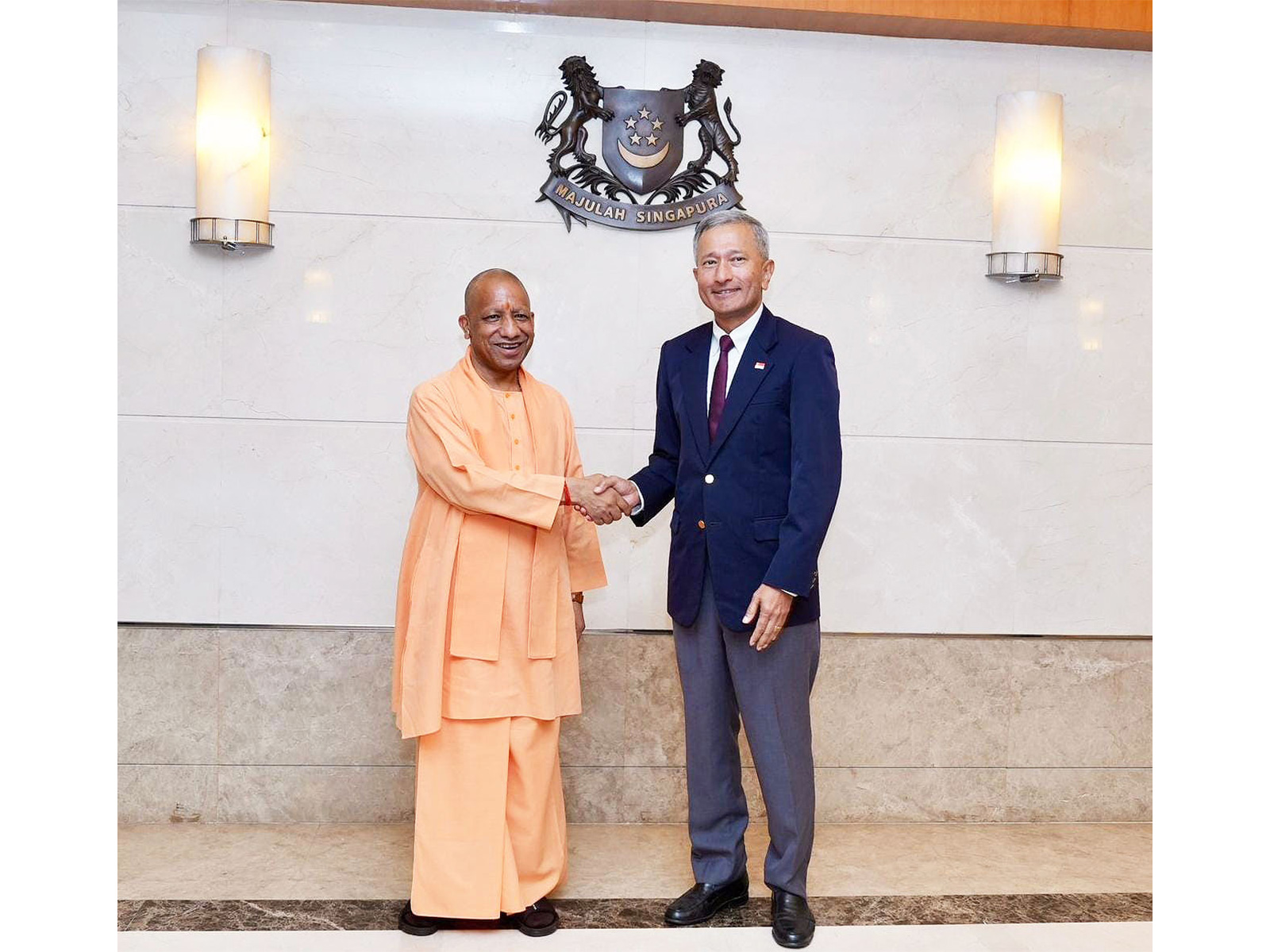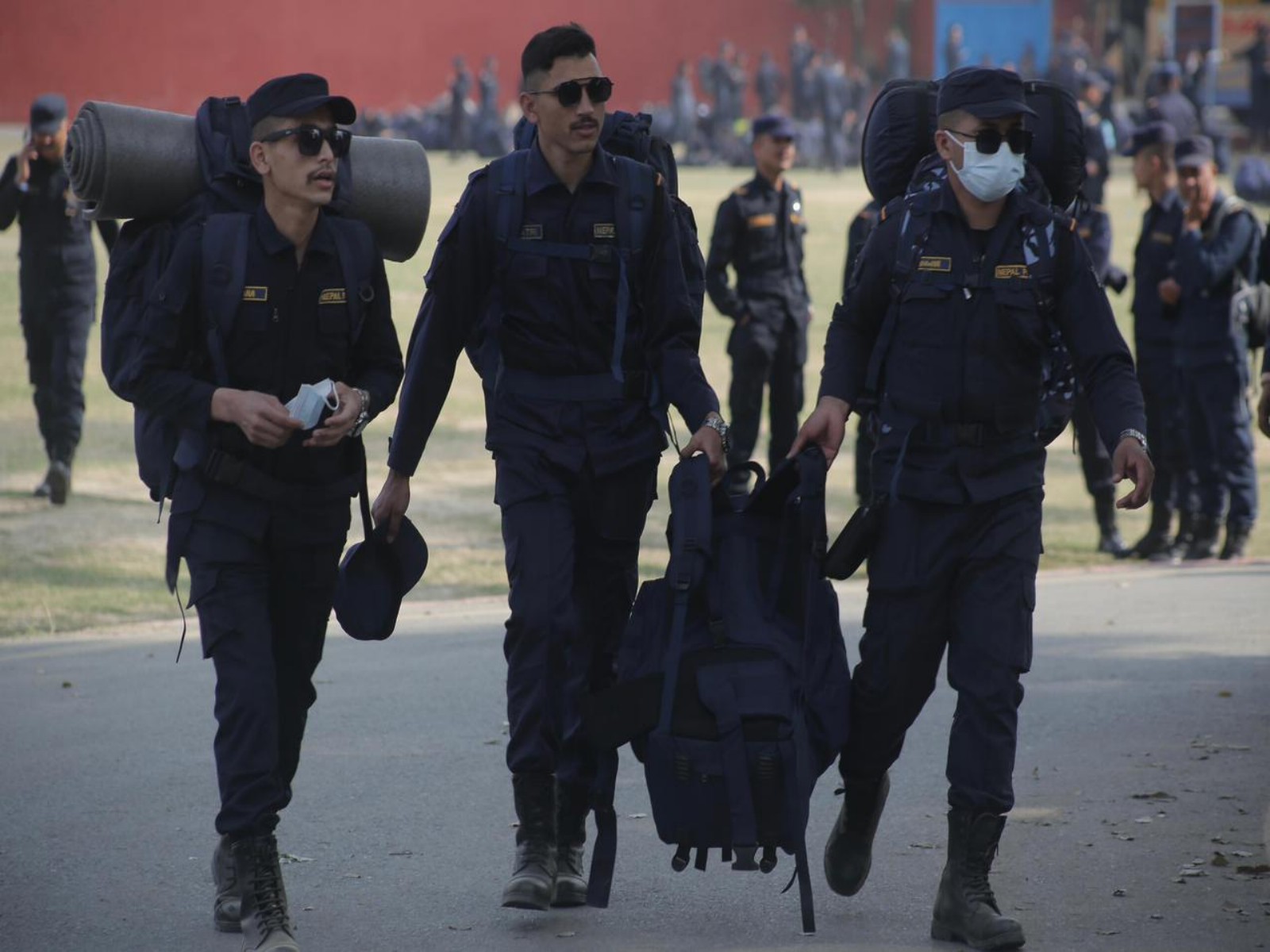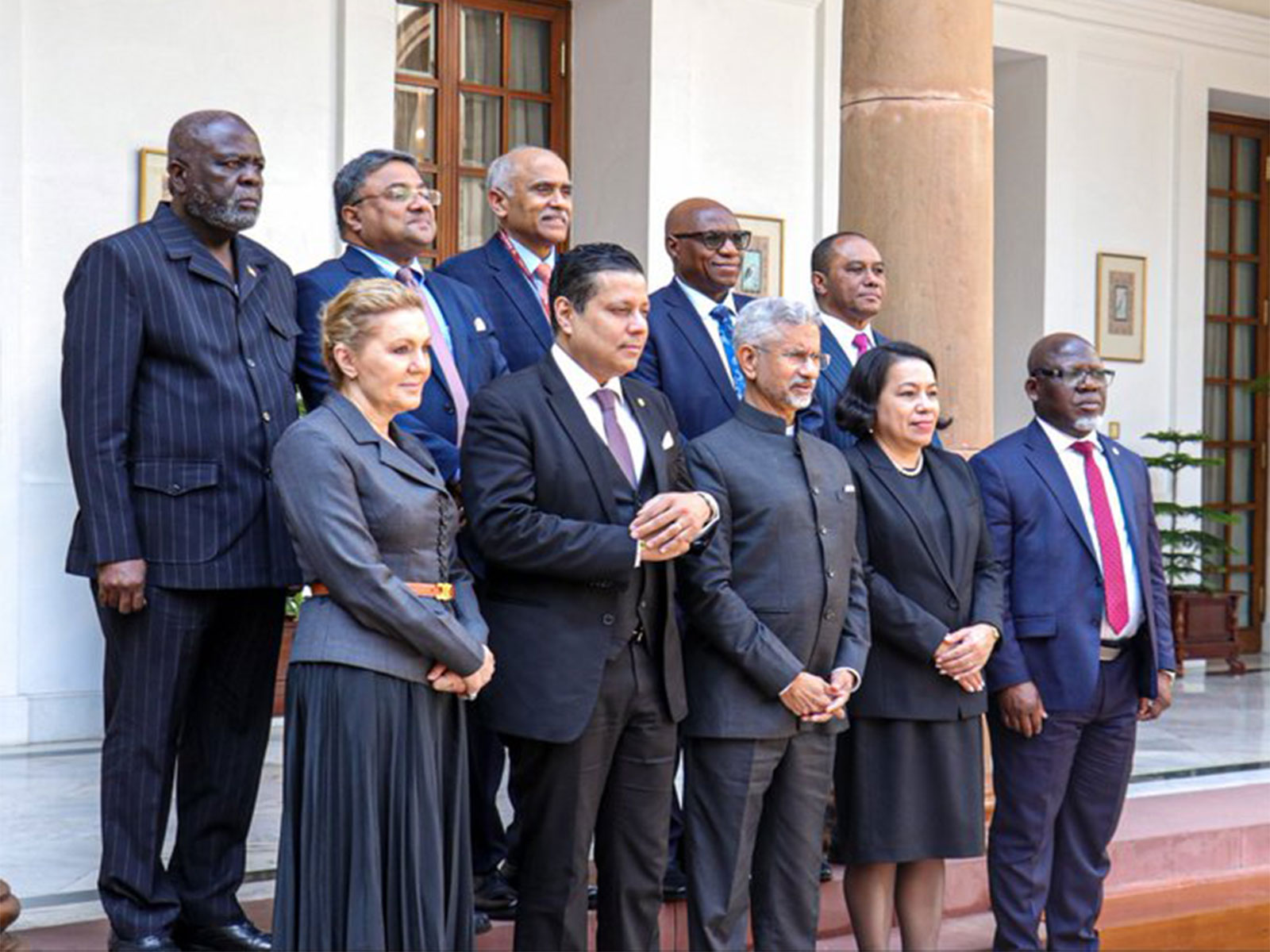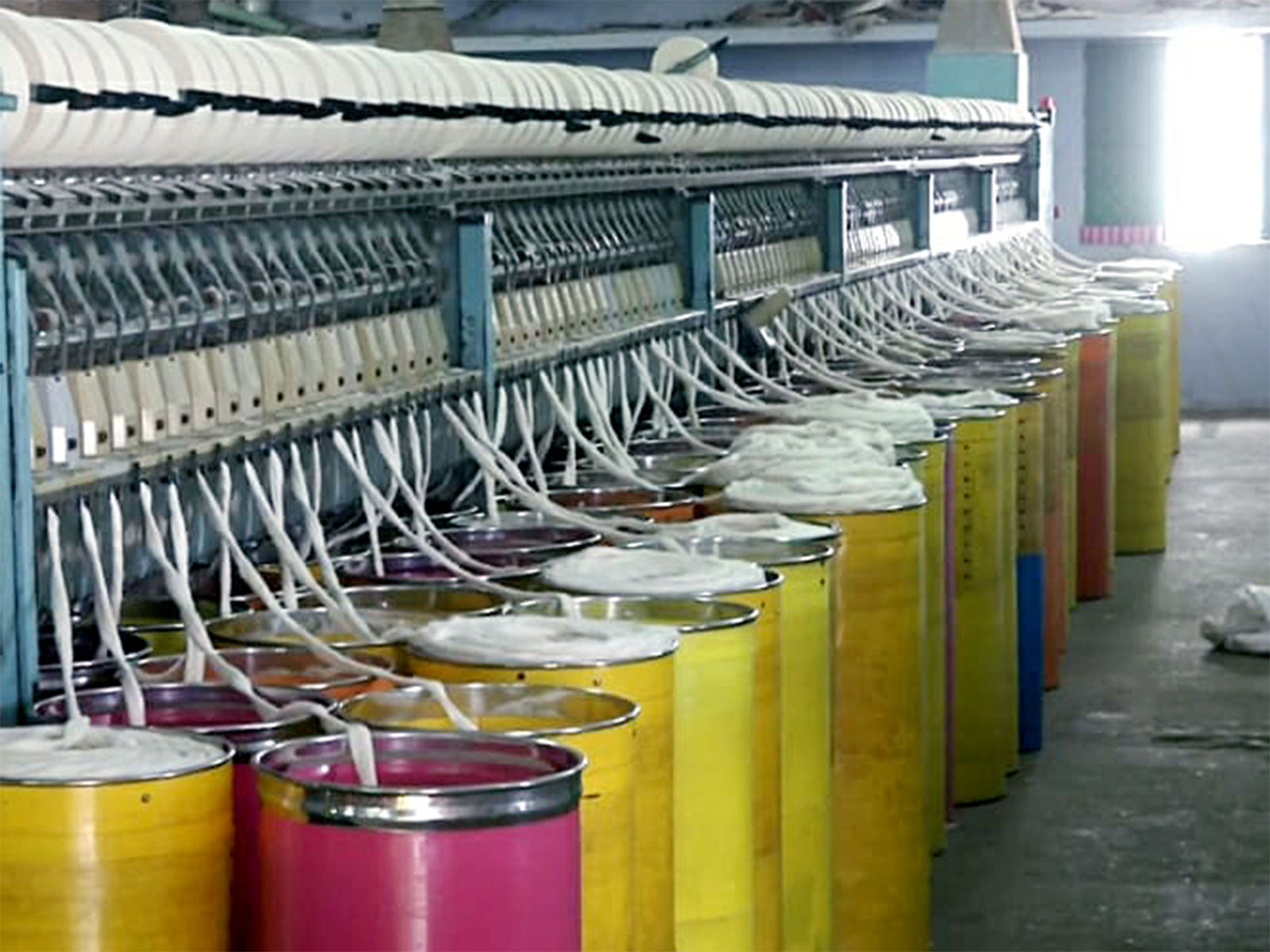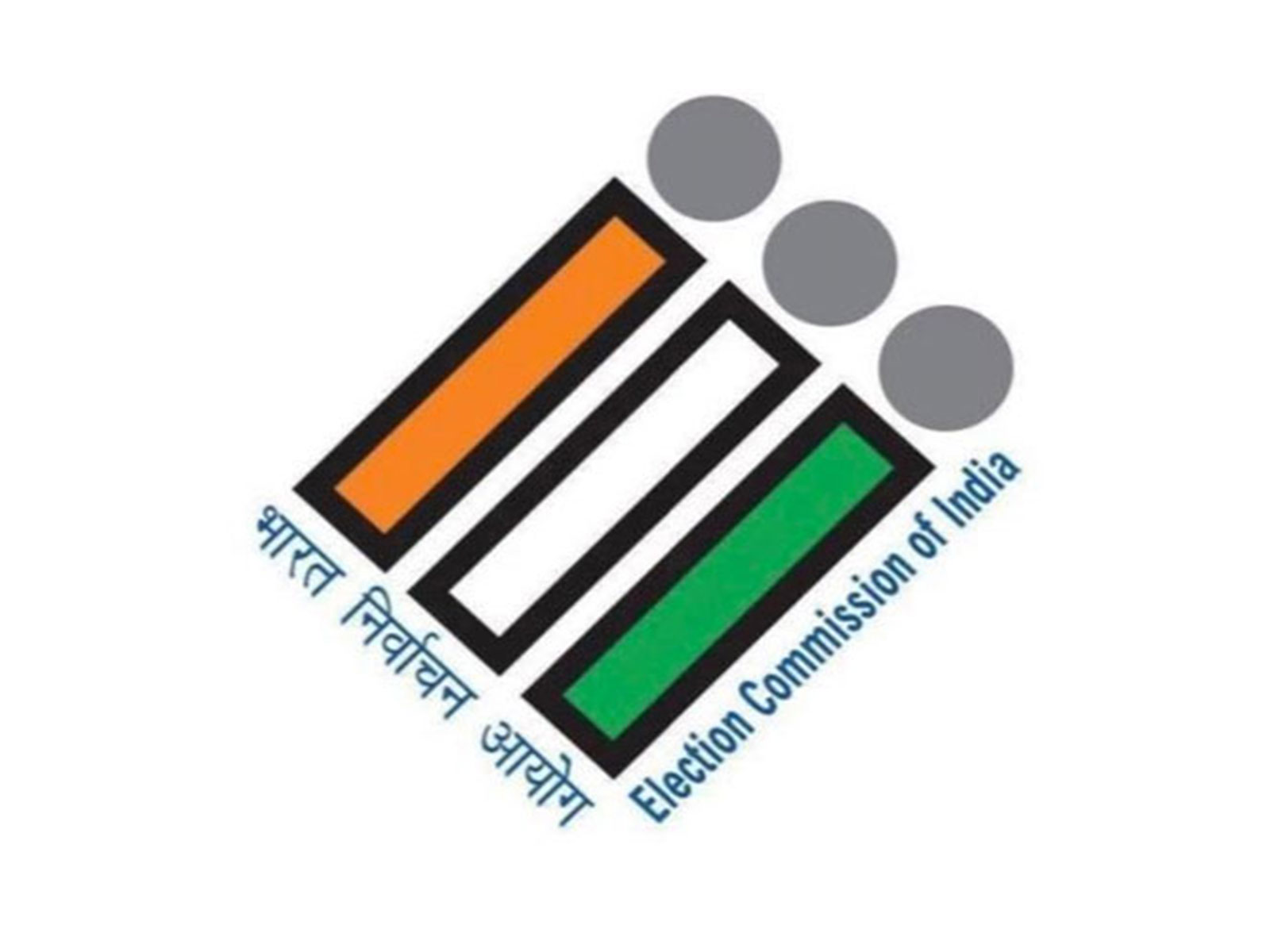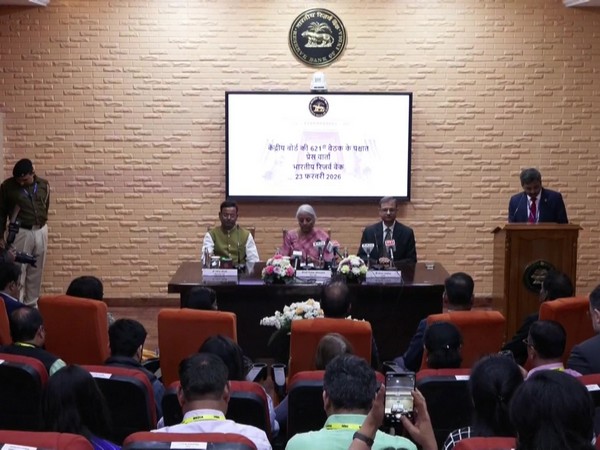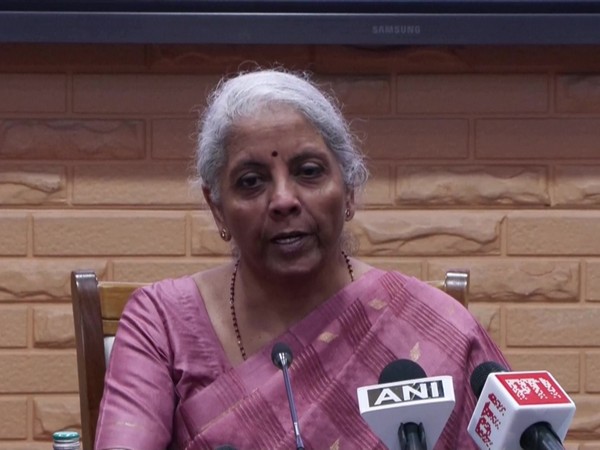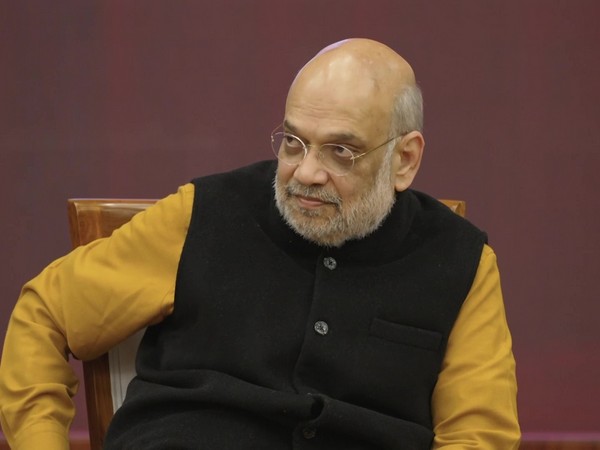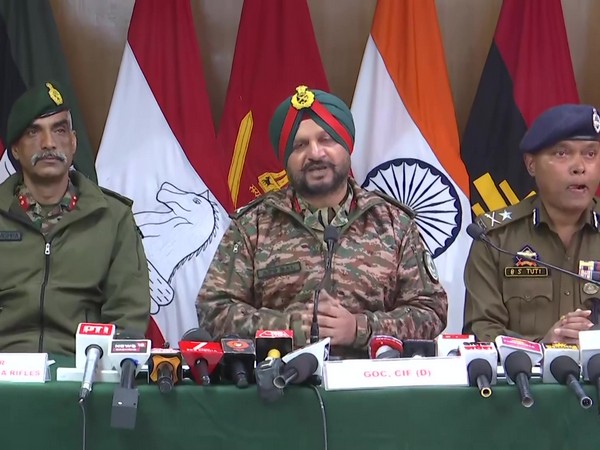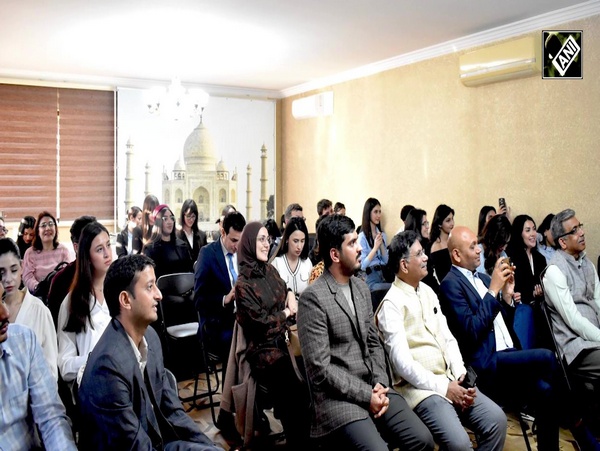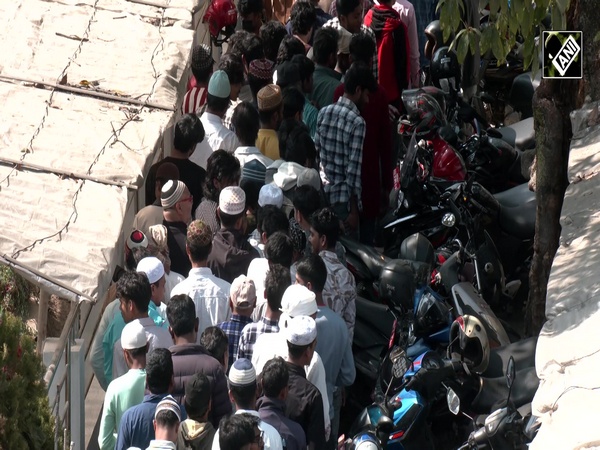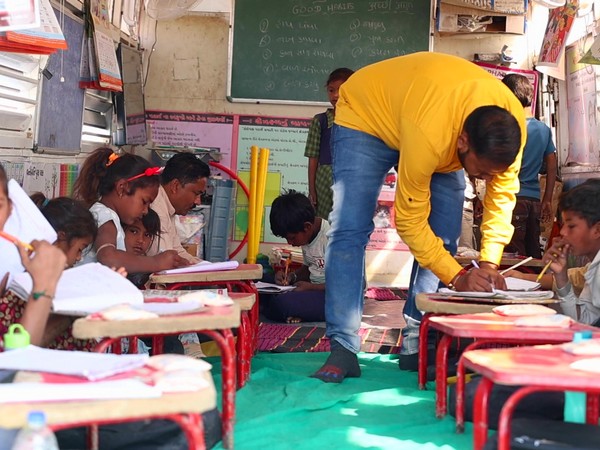WHO urges parties in Afghan conflict to ensure safety of health workers
Aug 18, 2021

Geneva [Switzerland], August 18 : The World Health Organization on Wednesday called on the sides involved in the conflict in Afghanistan to protect all the citizens, including civilians and health employees, while assuring to continue its humanitarian services in the country.
In a statement, WHO said that sustained access to humanitarian assistance, including essential health services and medical supplies, is a critical lifeline for millions of Afghans, and must not be interrupted. Months of violence have taken a heavy toll on Afghanistan's fragile health system, which had already been facing shortages in essential supplies amid the COVID-19 pandemic, it added.
As a result of the recent conflict, trauma injuries have increased, requiring scaled-up emergency medical and surgical services. In July 2021, some 13 897 conflict-related trauma cases were received at 70 WHO-supported health facilities, compared to 4057 cases in July 2020.
"The World Health Organization (WHO) is committed to staying in Afghanistan and delivering critical health services and calls on all parties to respect and protect civilians, health workers, patients, and health facilities. During this difficult time, the well-being of all civilians -- as well as the safety and security of our staff -- in Afghanistan is paramount," the statement read.
It listed a set of health emergencies registered in Afghanistan over the last months, related to violence, in particular, 13,897 trauma cases, admitted at 70 WHO-linked health units in July. In addition, 134 hospitals in 34 Afghan provinces, supported by the WHO, have reported 20,988 trauma cases over the past two months.
In addition to the reports of trauma cases, there are such diseases as "diarrhoea, malnutrition, high blood pressure, COVID-19-like symptoms, and reproductive health complications," according to the statement.
According to the statement, WHO has supplied 500 health units with medical supplies and emergency kits since early summer and has been conducting mental and physical health support training of medical workers.
However, according to the WHO, attacks on medical facilities across Afghanistan remain a stumbling point in efforts to improve the country's health system. In particular, from January-July, 26 hospitals and 31 health employees were targeted in attacks with 12 of them killed.
The Taliban entered Kabul on Sunday, putting an end to a weeks-long offensive and the existence of the US-supported government.
